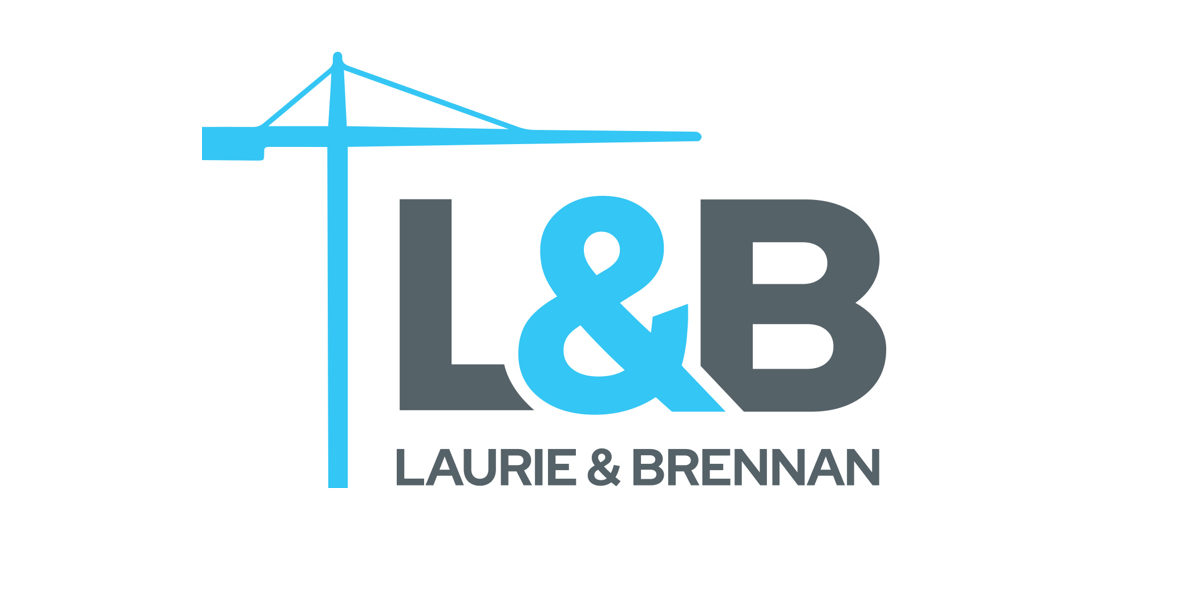Optimize Your Legal Marketing with Google Analytics 4

In July 2023, Google Analytics 4 (GA4) replaced Universal Analytics (UA) as the tech company’s free, go-to analytics service that helps businesses measure traffic and engagement across various platforms.
The GA4 upgrade offers advanced features for tracking user behavior and enhanced measurement capabilities, which allow for more comprehensive data collection across multiple devices and platforms. While many of the new features are designed with apps and e-commerce in mind, the system provides crucial insights for law firms, helping them to better understand how prospective clients engage with their websites — tracking key metrics like page views, user retention and referral sources.
How Law Firms Can Best Leverage Google Analytics 4
One of the core strengths of GA4 is its ability to provide vital insights into user behavior without revealing personal data such as names, email addresses or phone numbers. For law firms, this is particularly important when assessing how visitors engage with legal content while maintaining privacy and compliance standards. Law firms can view reports on visitor demographics, engagement metrics and acquisition sources, helping them understand which content resonates most with their audience.
Some of these key features include:
- Reports: GA4’s reports provide visibility into key metrics like user acquisition, engagement on key landing pages and visitor demographics.
- Demographic Insights: While GA4 doesn’t provide personal details, it does show anonymized demographic data such as the device used, geographic location and traffic source — helping firms optimize their content for the right audience.
- Conversion Tracking: Firms can track “events” (specific user actions on websites), such as contact form submissions and white paper downloads, as conversions. These specific events help firms understand which content or services are driving client inquiries.
- GA4’s focus on “events” over “sessions” (general visits) allows for a more detailed understanding of how users engage with specific content.
- GA4 focuses on “events” unlike UA, which focused on “sessions”. This shift allows firms to understand specific user actions rather than just overall site visit behavior.
Law firms can also benefit from GA4’s powerful tools to monitor website performance, track key user engagements and optimize their digital marketing strategies. With its focus on events and conversions, GA4 is a perfect fit for law firms aiming to generate leads and better understand prospective clients’ behavior online.
How to Set Up Google Analytics 4 for Your Law Firm
Setting up a GA4 account starts with defining accounts, properties and data streams. What does that mean?
- Accounts: Each firm should have a single account that can house and track multiple properties.
- Properties: Within each account, properties gather data specific to the user base of a particular site or section of your firm’s web presence such as a firm’s main website and landing pages for different practice areas.
- If a firm has a separate website for a specific practice area, the website URL would be its property, separate from the firm’s main website.
- Data Streams: Data streams collect information from the firm’s website and apps.
- For example, a firm’s main website, a practice-specific website and an app would represent three separate data streams.
Once a firm’s account, properties and data streams are added, GA4 offers an “enhanced measurement” feature that automatically tracks essential interactions like page views and scroll depth without requiring manual updates to the website’s code. This feature is particularly useful for law firms tracking how potential clients engage with key content like blog posts, white papers and case studies.
GA4 also allows firms to implement “tags,” which are code added to websites manually or via Google Tag Manager, to measure organic and ad performance. Tags track user activity related to other Google products including any Google Ad campaigns the firm may be running.
Making the Most of GA4
GA4 can be enhanced through its integration with other Google services, such as Google Ads. Linking these services can provide deeper insights into how users find and interact with your site and allow law firms to track conversions directly in GA4, offering a comprehensive view of ad performance.
Additionally, while GA4 offers powerful insights for free, the paid version, Analytics 360, offers additional advanced features. These enhanced features are generally unnecessary for most firms as they focus on the needs of large enterprises with higher data volumes and complex requirements, such as multiple office locations with different KPIs. For most law firms, GA4 provides sufficient functionality for tracking digital marketing performance.
Step Into the Future of Analytics
GA4 helps law firms track client engagement, optimize their websites and improve digital marketing strategies. With its focus on events and conversions, GA4 is an essential tool for generating leads and understanding potential clients’ behavior online.














